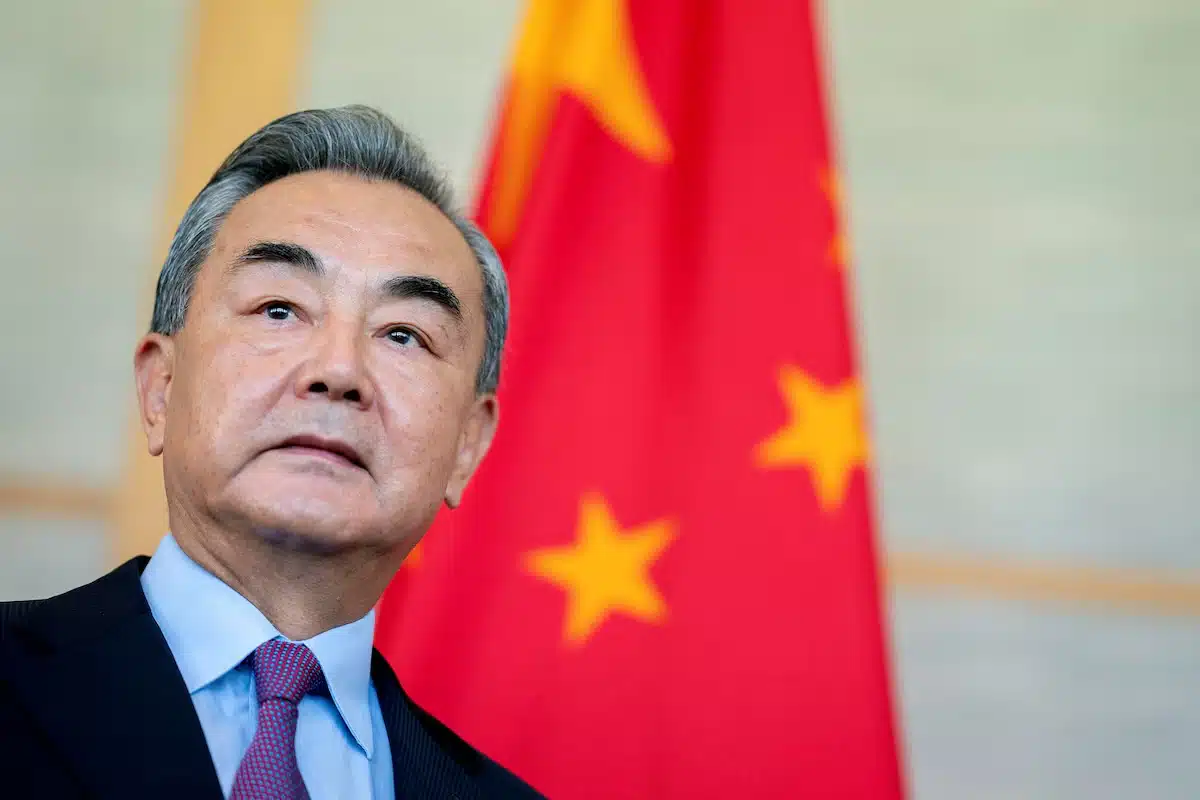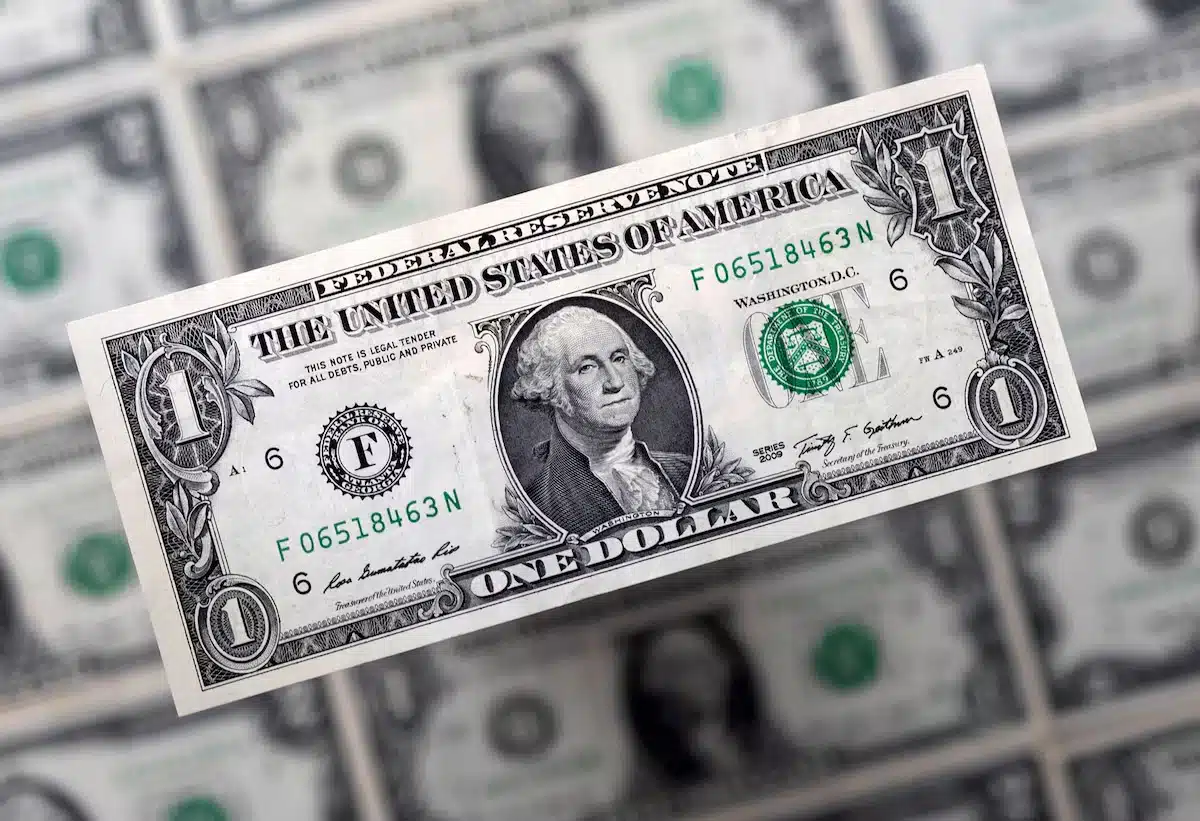Nigeria’s pension fund assets have fallen sharply in dollar terms, down nearly 55% over the past two years, driven largely by currency depreciation despite a rise in contributions and local asset values.
According to the latest data from the National Pension Commission (PenCom), pension assets stood at $15.2 billion in March 2025, marking a slight increase from $15.1 billion in February.
But when compared to March 2023, the dollar value has plummeted from $33.5 billion, a reflection of the naira’s sharp devaluation over the period.
In local currency terms, however, the picture is more positive.
Pension assets rose from ₦15.9 trillion in March 2023 to ₦23.3 trillion by March 2025. The growth was driven by higher pension contributions and investment returns, especially in government securities.
The decline in dollar value stems from the steep fall in Nigeria’s exchange rate.
As of March 2023, the naira traded at N464.67 to $1.
By March 2025, it had fallen to ₦1,537 per dollar, wiping out much of the gains in naira terms when converted to foreign currency.
The effect of foreign exchange pressure was already visible in 2024.
Even though total assets had grown to ₦19.7 trillion, the exchange rate at the time, N1,309.39/$1, pulled down the fund’s value in dollar terms to just $15.09 billion.
Government bonds dominate allocation
A closer look at the portfolio reveals that government instruments continue to be the primary investment route.
Of the total $15.2 billion, $9.4 billion — or about 62.09% — was invested in government securities.
This includes $8.1 billion in Federal Government bonds alone, accounting for over half of the total portfolio. State government securities stood at $160.5 million.
Other significant allocations include corporate debt securities worth $1.5 billion (10.1% of AUM), money market instruments at $1.4 billion (8.91%), and ordinary shares of local companies valued at $1.67 billion— a slight dip from February’s $1.68 billion.
Meanwhile, foreign ordinary shares were valued at $171.31 million, while foreign money market instruments fell sharply by 37.26% to $41.75 million.
Mutual funds, REITs see strong growth
Some asset classes saw notable rebounds in March. Mutual fund investments surged by 81.75% to $100.8 million, up from $55.2 million the previous month. Commercial papers also saw a 37.67% increase, climbing to $162.8 million.
Real estate investment trusts (REITs) and open/closed-end funds posted strong gains of 178.31% and 41.23%, respectively. Cash and other assets rose by 25.72% to $326.7 million.
On the downside, treasury bills dropped 15.12% to $385.88 million. Sukuk bonds and agency bonds also recorded declines of 5.85% and 9.04%, respectively.
Under the Multi-Fund Structure, Fund II remains the largest Retirement Savings Account (RSA), with assets worth $6.1 billion, accounting for 41.39% of total AUM.
Fund III followed, growing slightly from $3.9 billion in February to approximately $4 billion in March.
RSA membership also edged up in March, increasing by 40,000
Inflation and investment shift
Beyond currency volatility, inflationary pressures continue to drag on pension returns in Africa’s largest economy.
Although the headline inflation rate fell by 10 percentage points following a consumer basket rebasing in January 2025, Nigeria still faces persistently high double-digit inflation.
In response, PenCom announced plans in May to diversify pension fund portfolios by allocating more capital to private equity and infrastructure sectors expected to deliver stronger inflation-adjusted returns over the long term.
Nigeria trails peers in pension depth
Africa Finance Corporation (AFC) estimates that African pension funds now manage $455 billion in assets. South Africa alone accounts for over $315 billion — nearly 70% of the continent’s total — while Nigeria’s share has shrunk due to FX challenges.
“Despite local growth, Nigeria’s AUM has declined in dollar terms due to currency depreciation,” the regional financier said in a recent report, adding that the continent’s institutional capital, including pensions, sovereign funds and insurance, sits at roughly $1.1 trillion out of a wider $4 trillion domestic capital pool.
While these figures point to Africa’s potential financial strength, the report warned that weak capital markets and limited financial intermediation continue to hinder the productive use of these resources.











